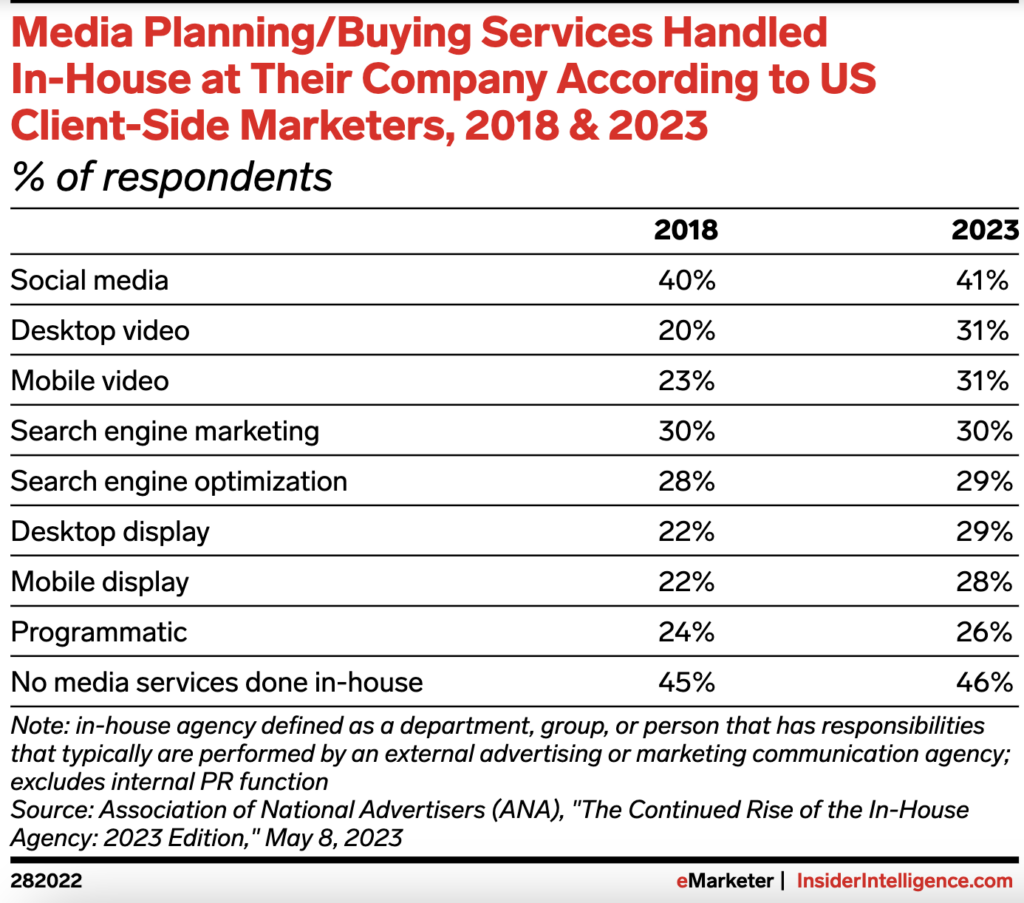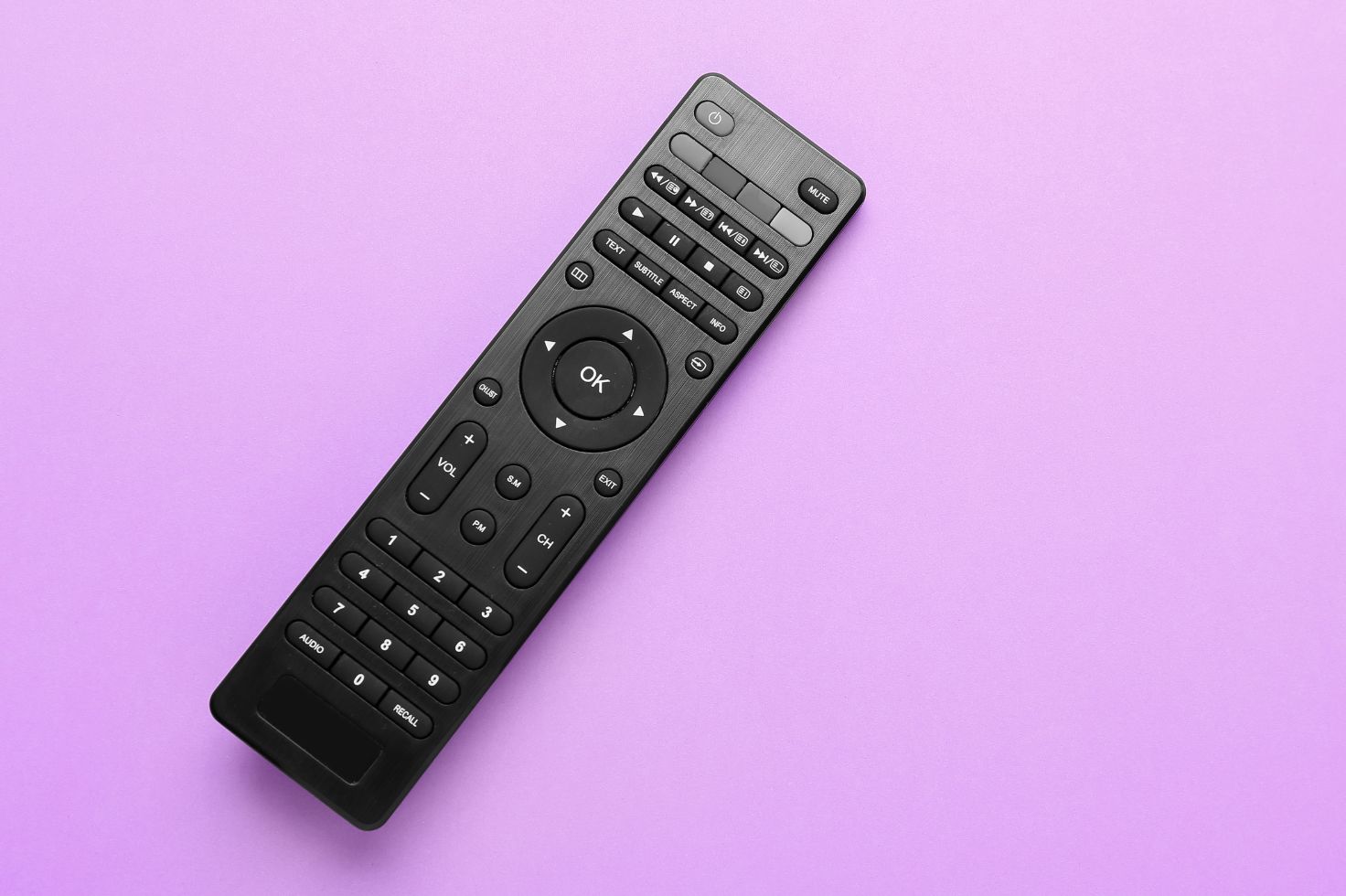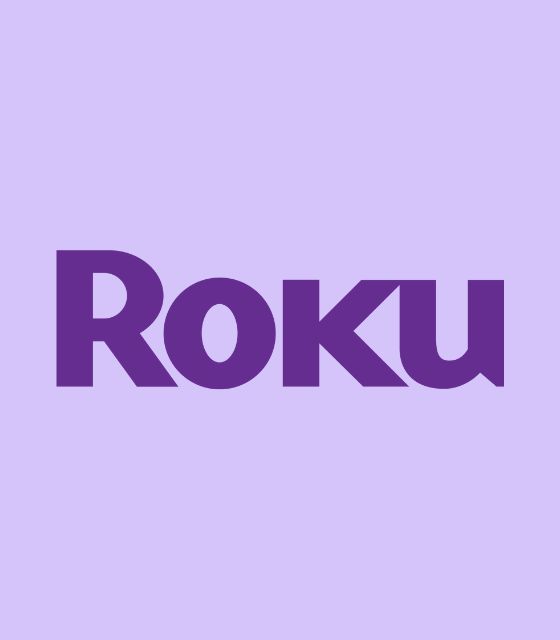In-house programmatic advertising is on the rise. Like digital marketing before it, organizations actively search for the best in-house approach.
What is in-house programmatic advertising? Firstly, in-house advertising is when a brand handles its marketing activities internally, using the talent and resources of its own organization rather than hiring an agency. In the case of programmatic advertising, this means managing programmatic inventory themselves, rather than via a traditional agency.
This method of programmatic advertising gives marketers more control over their advertising operations and lets them take greater ownership over security, compliance, creativity, and customer journeys.
In-house advertising isn’t new; while some organizations may choose to bring only a couple of activities in-house (like social or digital), more and more companies are opting to bring programmatic in-house as well. In fact, some brands opt to invest in managed service and do their advertising efforts in-house.
Why?Because marketers are seeking alternatives to traditional brand-agency models. It provides more transparency in media buying and greater control over data. Additionally, marketers are looking for more control and assurance over compliance with privacy regulations. This means a greater number of organizations are turning to in-house models for their programmatic advertising.
The popularity of in-house programmatic
In-house programmatic advertising is growing. Some of the biggest names in corporate America are transitioning to in-house for their programmatic strategies, including “Marriott, Colgate-Palmolive, Procter & Gamble, Coca-Cola, Bayer, EA Games, Wayfair, American Express, Unilever, Anheuser-Busch, Netflix, Target, Deutsche Telekom, and Ally Financial.”
Additionally, according to a study by the WFA, 90% of respondents are actively reviewing their approach to programmatic advertising. In-house solutions are steadily growing in popularity.
In a 2023 Association of National Advertisers (ANA) report, 26% of respondents said that their programmatic media planning and/or buying was handled by an in-house agency. This is quickly catching up to the popularity of search engine marketing (SEM) which sits steadily at 30% in the same report.

How does in-house programmatic work?
There are several different approaches businesses can take when moving their programmatic advertising in-house.
The most common approach to in-house programmatic is for an organization to establish its own agency trading desk and use it to directly engage with demand side platforms (DSP).
A great example of this is Unilever, which has built a dedicated unit called Ultra within its agency Mindshare. Ultra is solely responsible for all of Unilever’s programmatic needs.
Another organization to use this approach is Lasminute.com, which uses an assortment of different DSPs to buy inventory suggested by their own collection of e-commerce data. This lets the company make the most intelligent buying decisions and better connect with their online customers.
Alessandra Di Lorenzo, chief commercial officer for advertising and partnerships at Lastminute.com, describes its in-house trading desk as “a great opportunity to take control of where our ads are placed and maximize our buying budgets.”
In-house programmatic FAQs
What does in-house mean?
In-house means a brand conducts its marketing activities internally, using the talent and resources of its own organization rather than hiring an agency.
Why are brands bringing programmatic in-house?
Brands are bringing programmatic advertising in-house in order to have more control and greater transparency in their media buying. It also gives them more control over their data, greater flexibility in their budget, and affords them the ability to quickly pivot when internal analytics tells them certain paths or strategies are not working as intended.
What companies have brought their programmatic advertising in-house?
A large number of organizations have already brought their programmatic advertising in-house, including Marriott, Colgate-Palmolive, Procter & Gamble, Coca-Cola, Bayer, EA Games, Wayfair, American Express, Unilever, Anheuser-Busch, Netflix, Target, Deutsche Telekom, and Ally Financial.
To see more from illumin, be sure to follow us on Twitter and LinkedIn where we share interesting news and insights from the worlds of ad tech and advertising.












